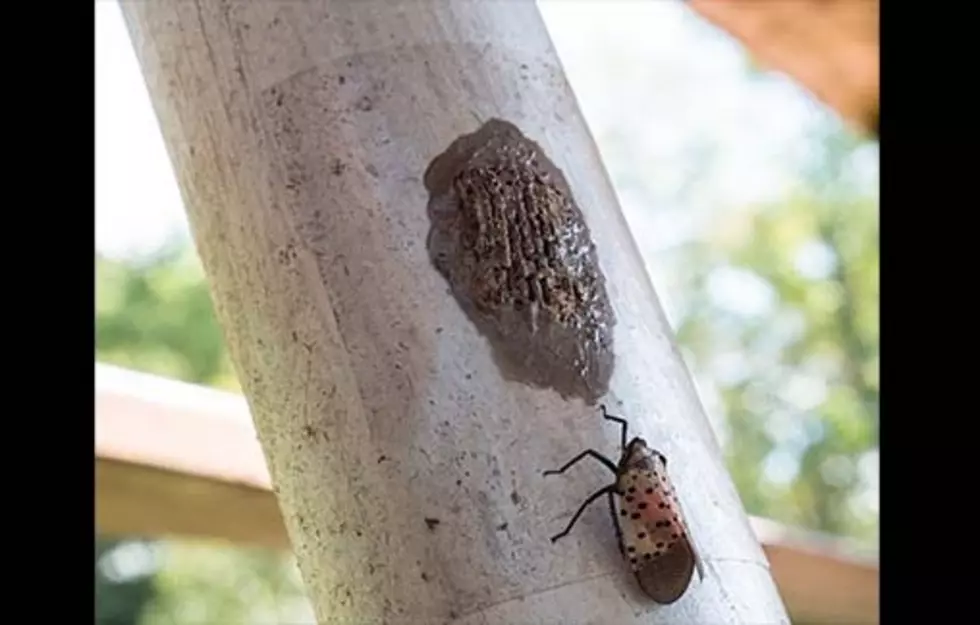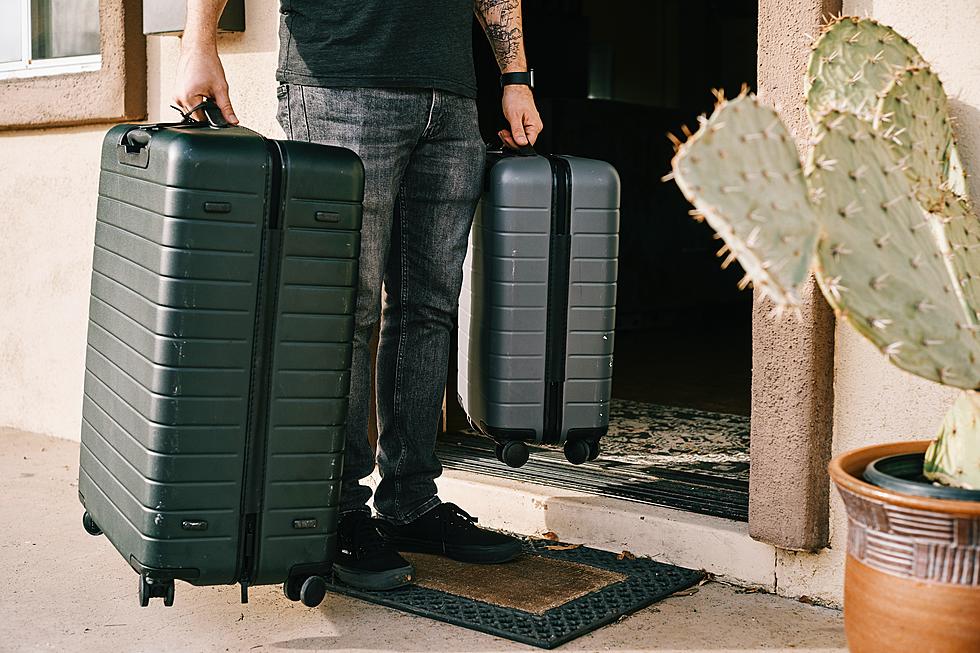
Louisiana Residents Warned Against Publishers Clearinghouse Scam
(Lafayette, LA) - The thrill of winning a sweepstakes or lottery is something many dream about, eagerly anticipating that life-changing phone call. However, scammers exploit this excitement, tricking people into paying for prizes they haven’t actually won. The Better Business Bureau (BBB) has received numerous reports of phone calls impersonating Publishers Clearing House (PCH) via BBB Scam Tracker.
How the Publishers Clearing House Scam Works
You receive a phone call from someone claiming to be a Publishers Clearing House employee. They tell you you’ve won millions of dollars and a brand-new car. To make it more convincing, they send you a photo of the car and the money you'll supposedly receive. They even promise that real celebrities will come to your house to award your prizes.
However, there’s a catch. Before you can receive your prizes, you must pay a fee for an “IRS requirement” or a “broker’s fee.”
To pay these “fees,” the scammer might instruct you to purchase a gift card and provide them with the numbers on the back. They may also direct you to send money to a specific bank account or mail it to an address in another state. These fees can range from a few hundred to thousands of dollars.
The scammer may also ask for personal information, like your bank name, account numbers, or details about your current financial situation and savings accounts.
If you realize it’s a scam and hang up, the scammer might persist, calling you back multiple times and leaving numerous messages, making it difficult to cut off communication.
One consumer shared their experience with BBB Scam Tracker: “I was called by a man named [redacted], claiming to be from Publishers Clearing House. He told me I had won 2nd prize of $13 million and a BMW. He said [celebrity names redacted] would come to my house to present the prize. They also told me to get a Vanilla card for $750 to avoid paying taxes. I contacted BBB and was told this is a scam.”
“If you are told you have won a prize but have to pay any money, hang up the phone, rip up the letter, delete the social media contact, and report the contact to your local law enforcement agency,” said Christopher L. Irving of Publishers Clearing House, a BBB Accredited Business. “Publishers Clearing House will never call or private message a consumer on social media to notify them of a win and will never ask for payment.”
How to Avoid Sweepstakes Scams
You have to play to win. If you’re told you won a sweepstakes but don’t remember entering, it’s a red flag for a scam. Keep track of your sweepstakes entries to confirm any winning notifications.
Never pay upfront fees to claim your prizes. No legitimate sweepstakes company will ask for fees to receive your prizes. Any fees for taxes, shipping, handling, or processing are fake. If someone asks you to pay to claim a prize, stop communicating with them. Publishers Clearing House winners never have to pay to claim a prize.
Don’t get caught up in the excitement. Scammers will try to get you excited about your winnings to cloud your judgment. Take a step back and consider if you’re being asked to pay money or provide personal information for a sweepstakes you never entered.
If you’re asked to pay with a gift card, it’s likely a scam. Paying with a gift card is a common tactic used by scammers. If a stranger gives you specific instructions on what type of gift card to buy, where to buy it, and how much to put on it, hang up and do not proceed with the purchase.
For More Information
Find more information about sweepstakes, lottery, and prize scams from the BBB, and learn how to spot a scam. Read more about gift card scams and how to avoid being scammed.
LOOK: FBI Warns Against These Dangerous Scams Spreading in Louisiana
More From News Talk 96.5 KPEL









